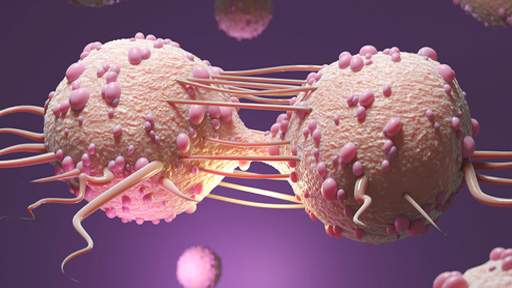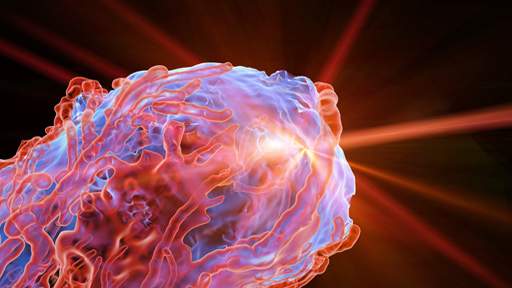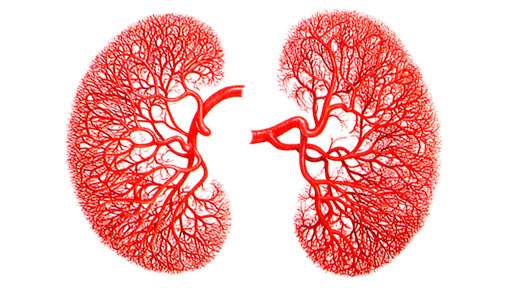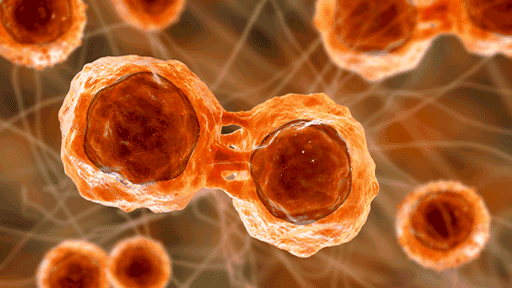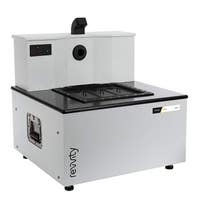Vega™ is a hands-free, automated, high-throughput preclinical ultrasound imaging system that delivers high-resolution 2D and 3D ultrasound images in just a few minutes. This innovative in vivo ultrasound system removes the challenges associated with conventional hand-held systems through the use of automated transducers located under the imaging stage that’s easy to use, requires minimal training and produces more consistent results.
The Vega 3D research ultrasound technology was initially developed and commercialized in 2018 by SonoVol, Inc., a spinout from the Joint Department of Biomedical Engineering at the University of North Carolina at Chapel Hill and North Carolina State University. SonoVol was acquired by Revvity in early 2022. The combined Revvity and SonoVol product offering, including the industry-leading IVIS® optical preclinical imaging platform, provides a comprehensive and powerful solution across ultrasound, optical, and microCT imaging modalities.
Key features include:
- Automated transducer positioning and movement allows for a hands-free experience
- Easy to use with minimal training
- Enables high-throughput imaging of 3 mice in just a few minutes
- Whole body field of view
- Multiple 3D imaging modes: standard B- & M-modes, elastography, and acoustic angiography (CEUS)
- Small footprint that easily fits on the benchtop
For research use only. Not for use in diagnostic procedures.
